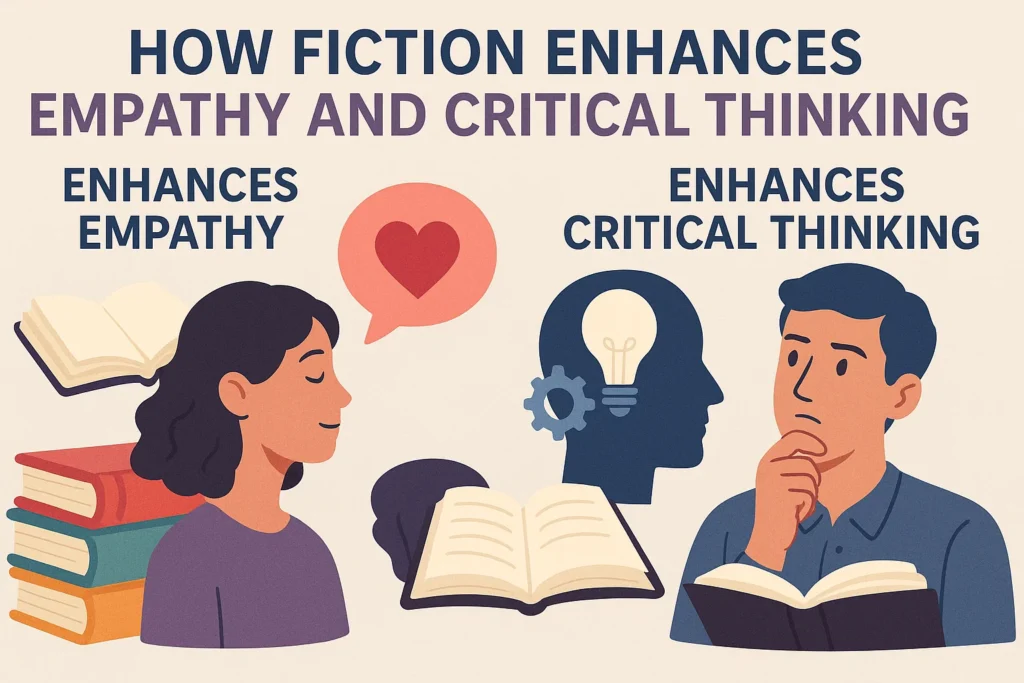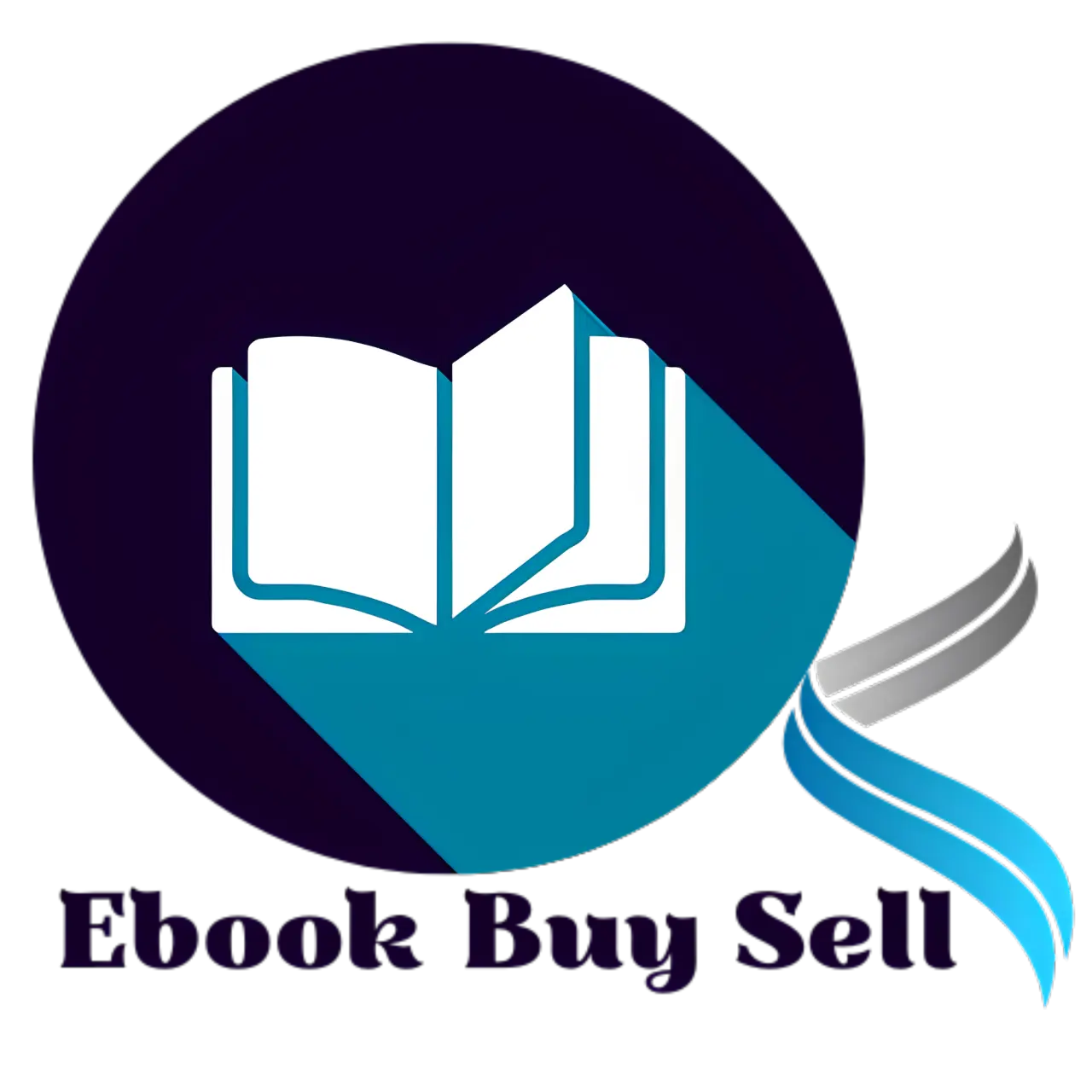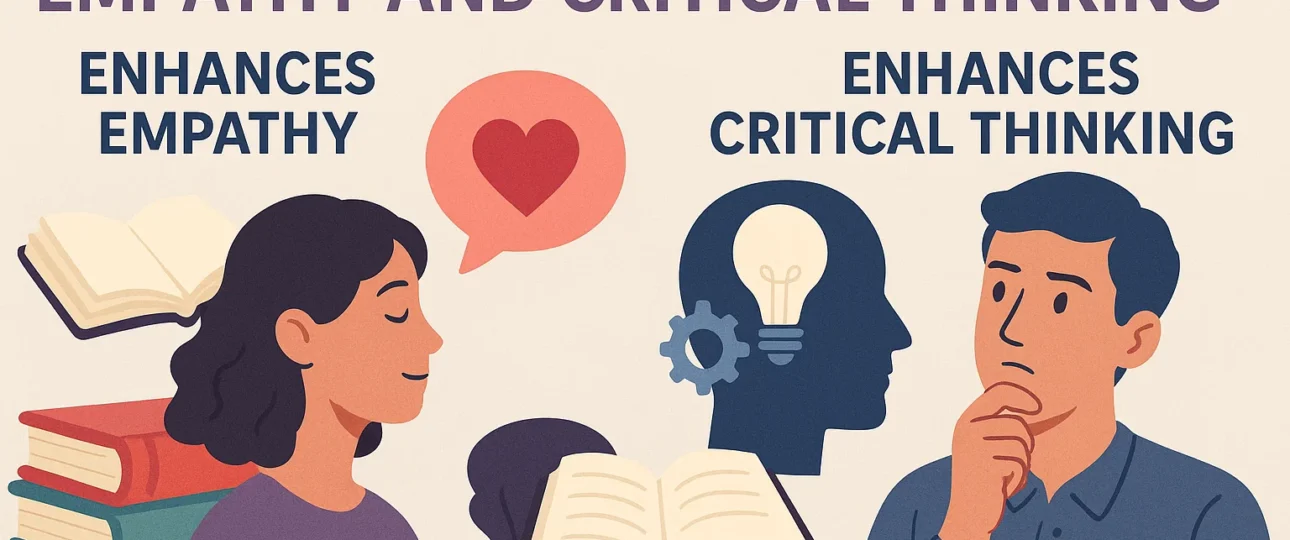In a world increasingly driven by facts, data, and real-world experiences, fiction might seem like a mere source of entertainment. However, numerous studies and personal accounts suggest otherwise. Fiction holds the transformative power to shape minds, nurture emotional intelligence, and sharpen mental faculties. More than just storytelling, fiction serves as a mirror to humanity and a training ground for deeper thinking and feeling. This article explores how fiction enhances empathy and critical thinking, and why reading stories should be a vital part of personal growth and education.
The Connection Between Fiction and the Human Experience
Fiction invites readers into unfamiliar worlds—sometimes imaginary, sometimes reflective of real-life challenges. Whether it’s the inner world of a character battling depression or a dystopian society struggling with ethics and freedom, fiction allows us to step into someone else’s shoes. This emotional journey stimulates the very cognitive and emotional processes that build empathy and critical thinking.
Empathy is the ability to understand and share the feelings of another. Critical thinking involves analyzing, evaluating, and synthesizing information to form reasoned judgments. Both are vital life skills. Fiction, by offering layered characters, complex plots, and moral dilemmas, becomes an ideal medium to nurture both.

How Fiction Enhances Empathy
One of the most profound effects of reading fiction is its ability to foster empathy. When readers engage with a character’s story—especially one vastly different from their own—they begin to understand perspectives they might never encounter in daily life.
1. Experiencing Diverse Lives
Reading fiction is like traveling through hundreds of lives without leaving your seat. You may live as a refugee in a war-torn country, a child growing up in poverty, or an astronaut facing solitude in space. This immersion fosters a deeper appreciation for others’ struggles and experiences.
Researchers from The New School in New York found that reading literary fiction improves a reader’s Theory of Mind—the ability to understand the mental states of others. These findings highlight how fiction enhances empathy and critical thinking by helping readers develop sensitivity toward emotions and motivations.
2. Emotional Resonance
Unlike news reports or historical data, fiction builds emotional connections. A well-written character’s joy, pain, or confusion becomes our own. As readers feel alongside the characters, they build emotional intelligence and compassion. This ability to emotionally connect is especially important in professions like teaching, counseling, or medicine, where empathy is critical.
3. Breaking Stereotypes
Fiction challenges prejudices. Stories that portray characters from different cultures, gender identities, or socioeconomic backgrounds offer nuanced portrayals that defy stereotypes. These narratives invite readers to question their assumptions and develop a more inclusive worldview.
How Fiction Enhances Critical Thinking
Beyond emotional growth, fiction also trains the analytical mind. Far from passive reading, engaging with a narrative often requires readers to interpret, predict, and evaluate.
1. Complex Plots and Moral Dilemmas
Good fiction rarely offers clear answers. Instead, it presents characters making difficult choices, often in morally gray areas. Readers must wrestle with these situations, evaluating motivations, consequences, and ethical standpoints. This process exercises critical thinking.
Consider Harper Lee’s To Kill a Mockingbird. Readers are asked to judge the actions of characters within a racially unjust society. What is right and wrong is not always black and white, and readers must reflect deeply on justice, prejudice, and integrity.
2. Interpretation and Inference
Fiction often leaves room for interpretation. Metaphors, symbolism, and ambiguous endings challenge readers to analyze texts beyond the surface level. This act of interpreting themes or uncovering hidden meanings trains the brain to think beyond the obvious—a cornerstone of critical thinking.
When readers predict plot outcomes or question a narrator’s reliability, they are engaging in inference and analysis. These are the same mental skills used in problem-solving, debate, and strategic planning.
3. Encouraging Intellectual Curiosity
Fiction often raises more questions than it answers. What if the events had gone differently? What motivated a character’s decision? Would I have acted the same way? These questions keep the mind active, encouraging reflection and curiosity—essential components of critical thinking.
Fiction as a Tool for Education
Educators increasingly recognize the power of fiction in developing well-rounded students. Literature is no longer just about plot summaries and author biographies. Instead, it’s a portal for discussing ethics, psychology, society, and human behavior.
Incorporating fiction into the curriculum helps students not only grasp language and literary concepts but also sharpen their social awareness and reasoning abilities. Books like George Orwell’s 1984 or Lois Lowry’s The Giver prompt discussions on freedom, surveillance, and societal norms. These texts don’t just teach storytelling—they challenge students to think.
By understanding how fiction enhances empathy and critical thinking, educators can intentionally select texts that stretch both the hearts and minds of their students.
Real-Life Benefits of Reading Fiction
The advantages of reading fiction extend far beyond academic settings. In professional and personal life, people who engage with stories often exhibit better communication, stronger emotional regulation, and sounder decision-making.
1. Improved Communication
People who read fiction tend to be better at understanding nonverbal cues, facial expressions, and emotional undertones—skills vital for effective communication. Empathetic individuals are more likely to be good listeners and team players.
2. Decision-Making and Problem-Solving
Critical thinking, honed through fiction, improves real-life decision-making. Whether you’re navigating workplace conflicts or making personal life choices, the ability to think critically ensures more thoughtful and informed decisions.
3. Building Resilience
Reading about characters who overcome adversity can instill resilience in readers. Their journeys provide blueprints for coping with challenges and encourage readers to reflect on their own strengths.
Fiction vs. Non-Fiction: Why Both Matter
While non-fiction provides factual knowledge and real-world insights, fiction offers experiential learning. Non-fiction can teach you what happened and why; fiction teaches you how it feels. Both are essential, but fiction plays a unique role in developing the inner self.
Understanding how fiction enhances empathy and critical thinking helps readers appreciate the genre not just as art or leisure, but as a tool for becoming more compassionate, aware, and mentally agile individuals.
Tips for Choosing Fiction That Builds Empathy and Critical Thinking
Not all fiction has the same impact. Here are a few tips for selecting books that nurture emotional and intellectual growth:
- Read outside your comfort zone: Choose books written by authors from different backgrounds or cultures.
- Seek morally complex stories: Look for narratives that present challenging ethical situations or ambiguous characters.
- Join a book club: Discussions with others can deepen understanding and expose new interpretations.
- Reflect after reading: Take time to journal or think critically about the story, the choices characters made, and your reactions.
Final Thoughts
In an age dominated by screens, speed, and surface-level interaction, fiction offers a pause—a space for depth, empathy, and critical thought. It’s more than just entertainment; it’s an exercise for the heart and mind. By understanding how fiction enhances empathy and critical thinking, we recognize its enduring value in shaping readers and more humane and thoughtful individuals. Whether you’re a lifelong book lover or a newcomer to literary worlds, picking up a good novel may be one of the most transformative acts you can do for your personal growth.
See More Create Your Own Destiny


1 Comment
[…] Read More How Fiction Enhances Empathy and Critical Thinking […]